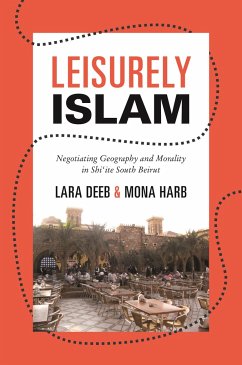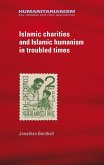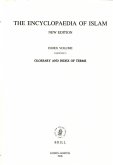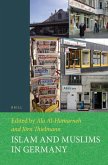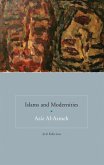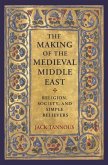"Café culture has been an integral part of life in the Middle East for centuries, but Deeb and Harb present it as a lens through which to understand the shifting morality of the people of southern Lebanon. This is an important and fascinating study that will be read and discussed for years to come."--Reza Aslan, author of No god but God: The Origins, Evolution and Future of Islam and Zealot: The Life and Times of Jesus of Nazareth "Through the mapping of an emergent café culture that signals and feeds new desires for sociability and public leisure by 'more or less pious' youth, this engaging and nonjudgmental book guides us through the surprisingly complex moral rubrics and creative religious interpretations of a new generation in the Shi'a neighborhood of South Beirut. In marvelous detail, we learn how young men and women, and those who seek their business, are refiguring their neighborhood, social relations, and the whole city of Beirut, where class, sect, and geography are tightly interwoven."--Lila Abu-Lughod, Columbia University and author of Do Muslim Women Need Saving? "This well-argued and well-organized book will greatly interest all those working on the subject of the contemporary Middle East, in particular Beirut and Lebanon. The authors challenge the view that the southern suburb of Dahiya is closely linked to Hezbollah and they introduce a number of theories to better understand the new forms of leisure that have surfaced in Dahiya during the last decade."--Jørgen BÆk Simonsen, University of Copenhagen

